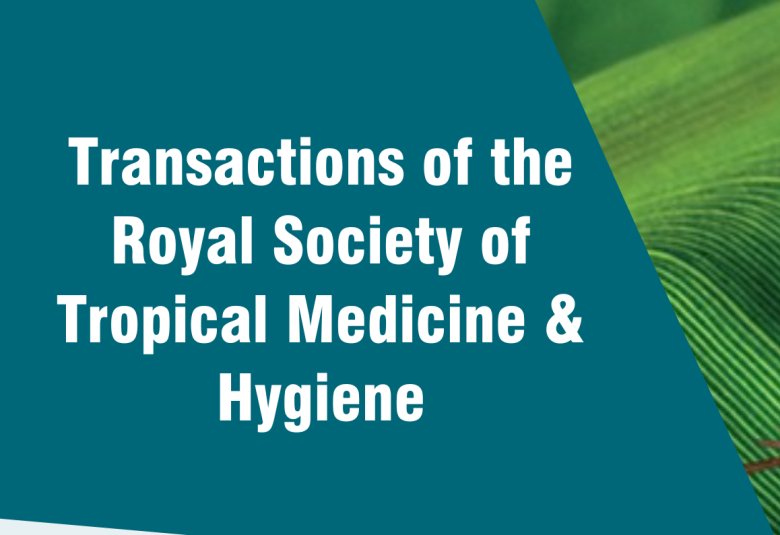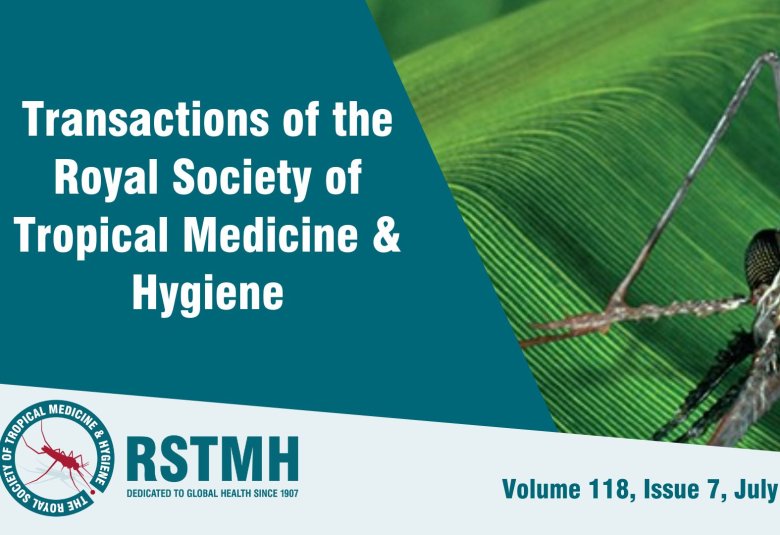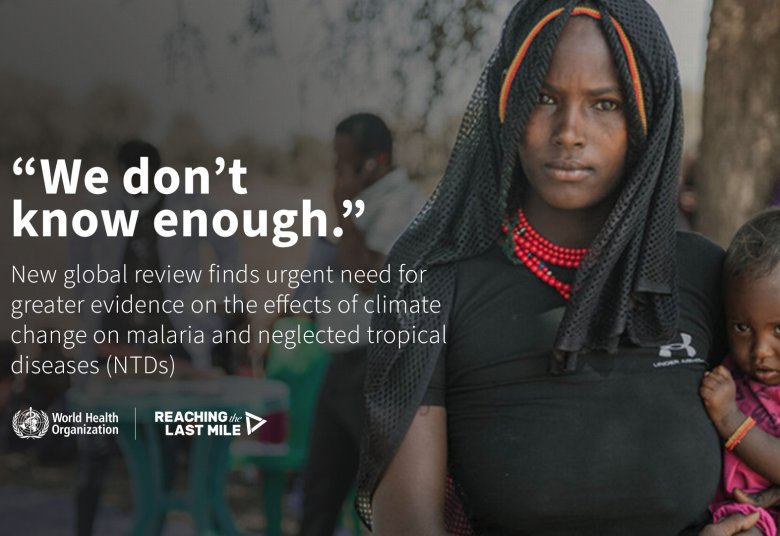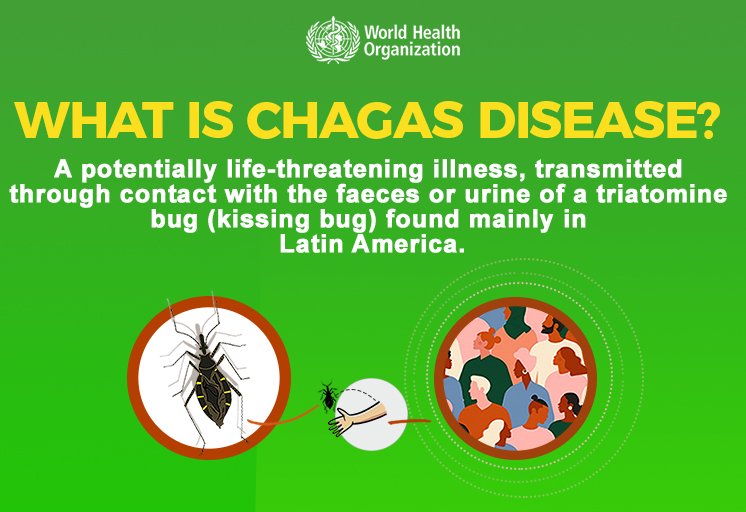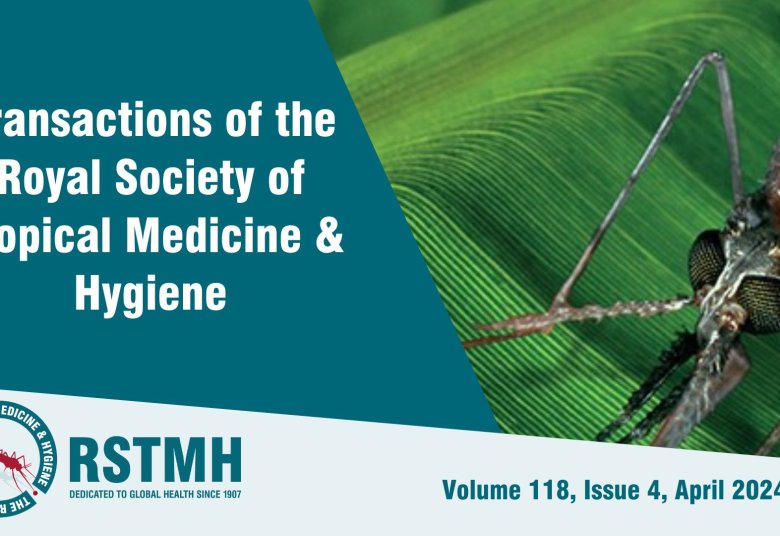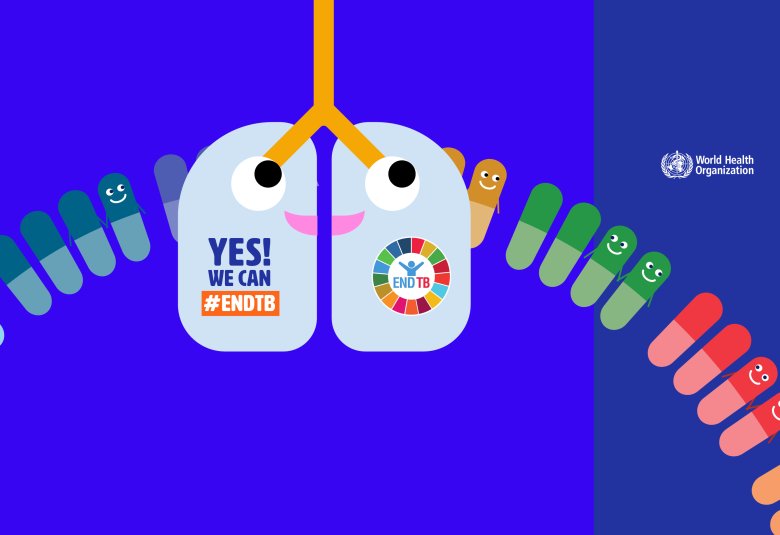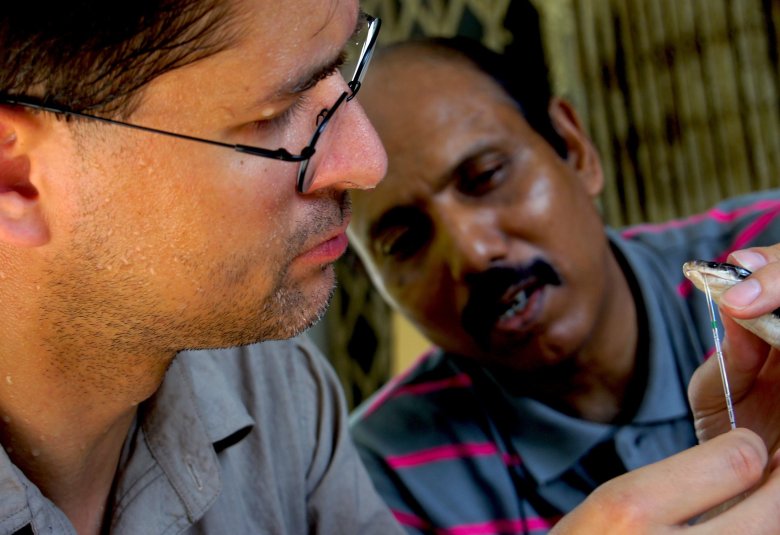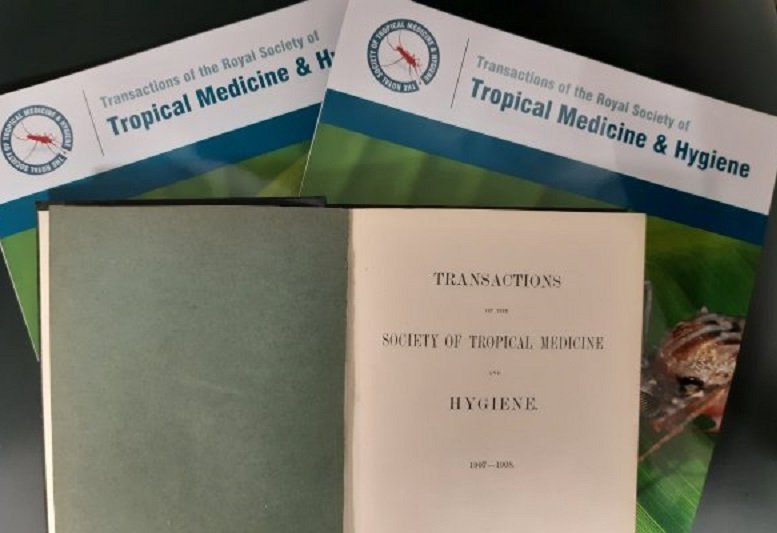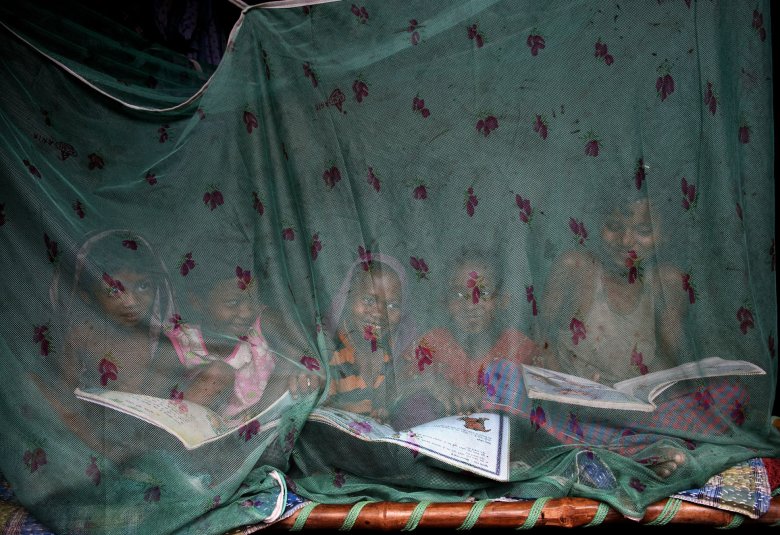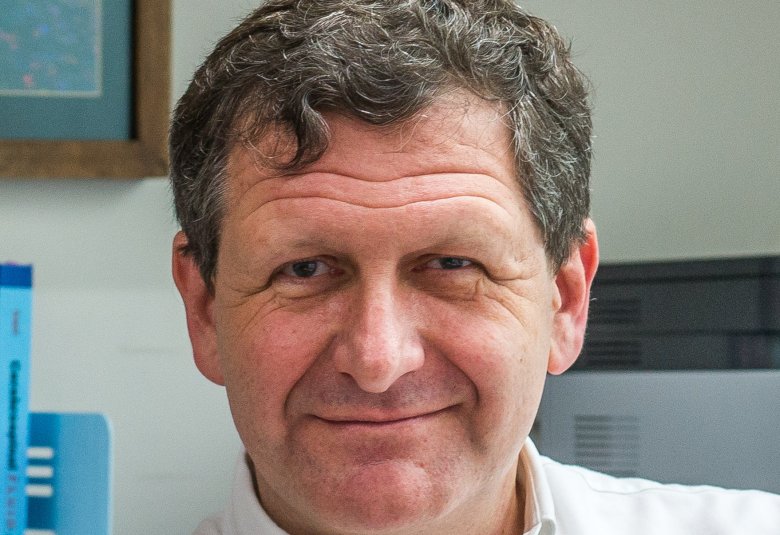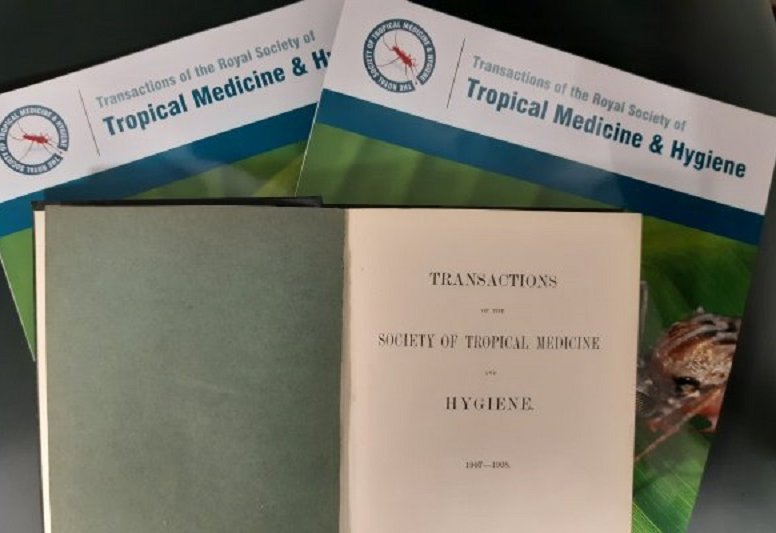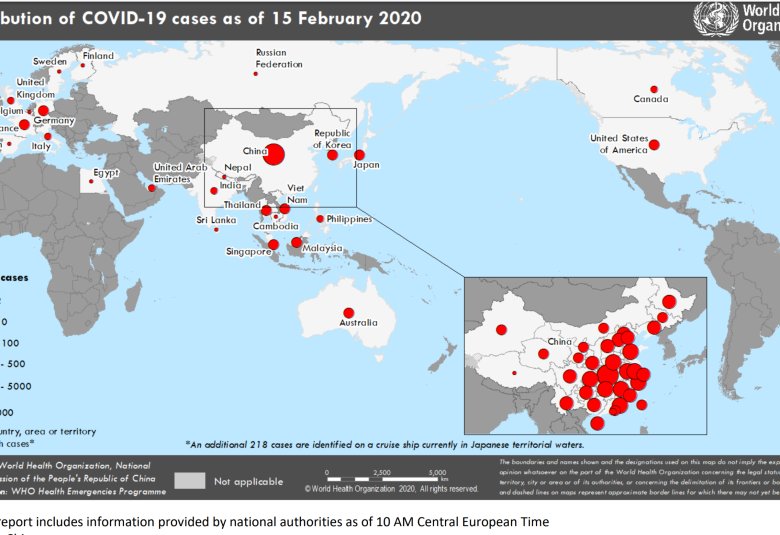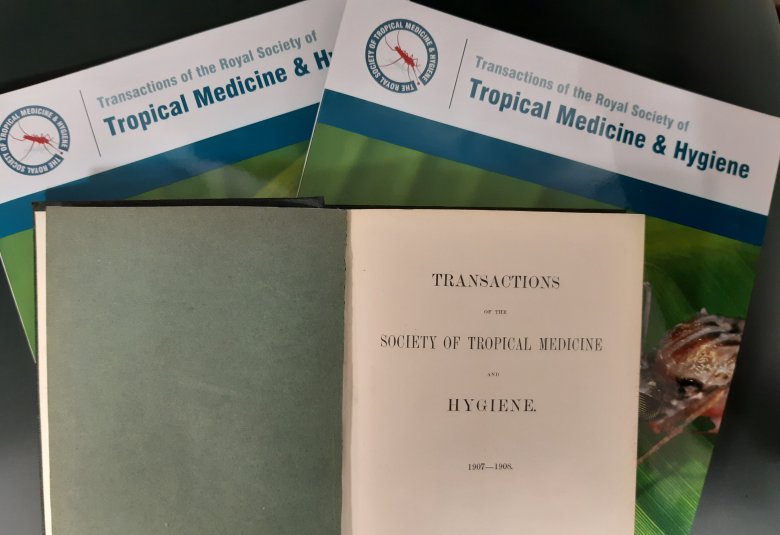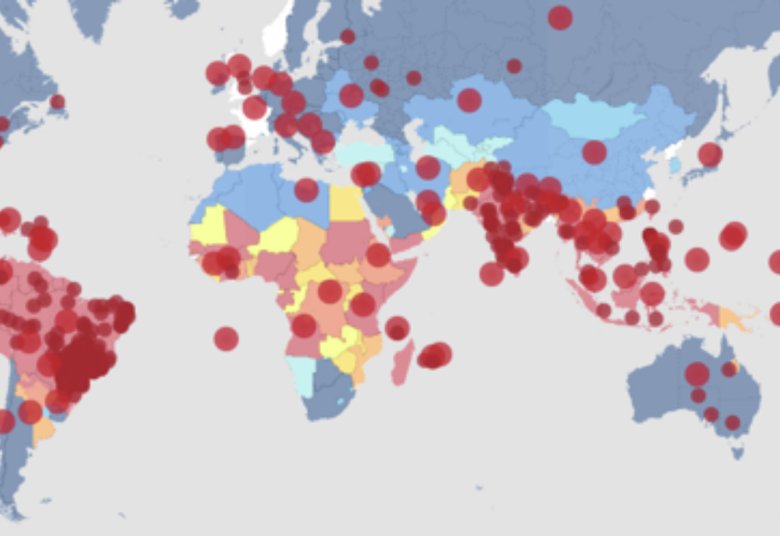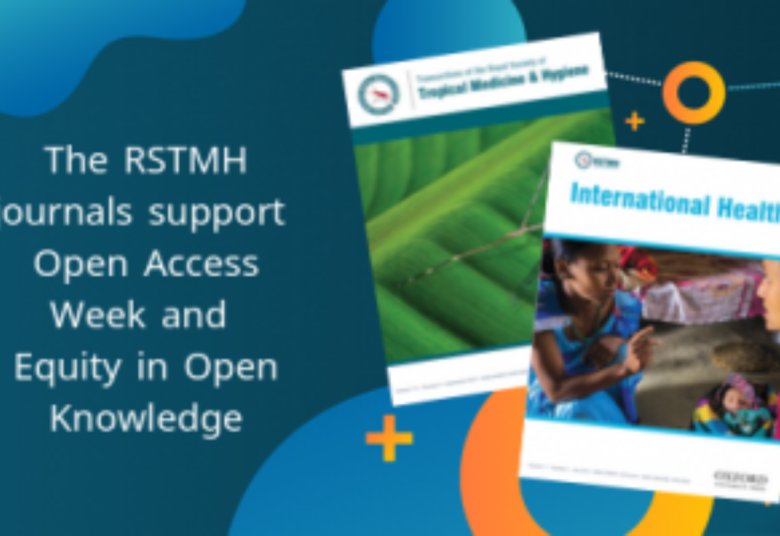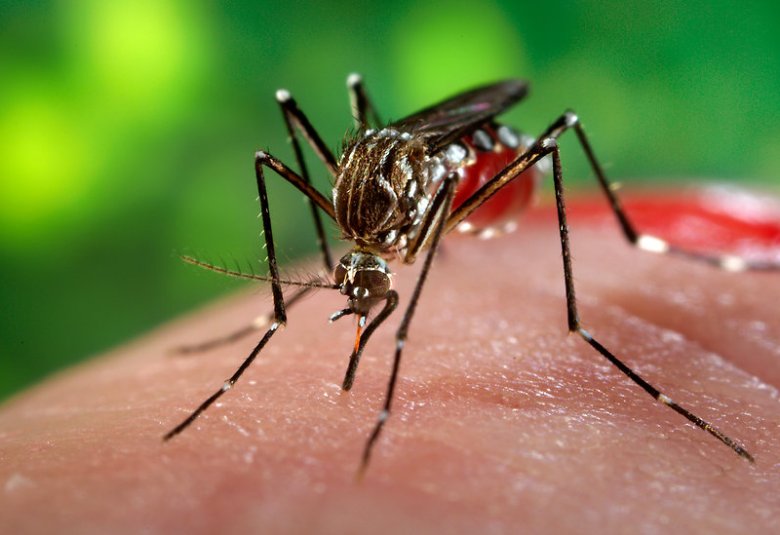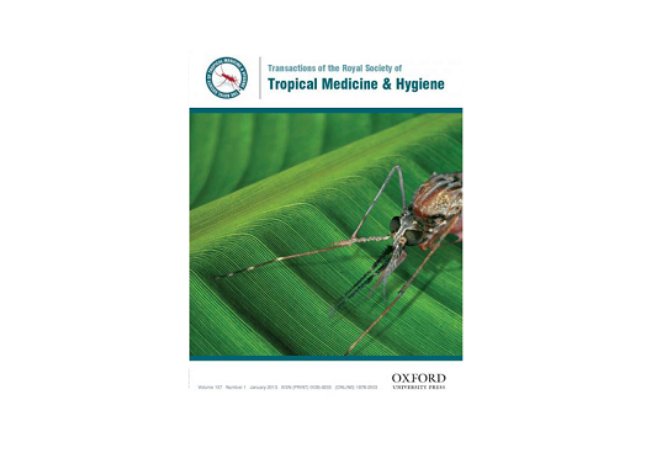“It was the best of times, it was the worst of times...
With the seemingly devastating suffering of the last year, from the wars in Syria, Iraq, Yemen, Ukraine and elsewhere, to the slow inadequate international response to Ebola, to Europe’s indifference to people drowning trying to cross the Mediterranean, the challenges of responding to humanitarian crises never seemed greater. The numbers of people displaced by conflict and persecution exceeds 50 million and shows no signs of reducing. It is easy to be overwhelmed by headlines of “the worst of times”. Yet the simple humanitarian act of supporting people in need and responding to health needs regardless of barriers or borders, reminds us of the potential for the “best of times”.
...it was the age of wisdom...
And then, it is imperative that we add “the age of wisdom” and analyse the response to seek evidence for improved healthcare in humanitarian settings. This latest online collection from RSTMH was developed to support this year's MSF Scientific Day and focuses on health in humanitarian settings. It includes a selection of commentaries, reviews and original research articles from the RSTMH journals Transactions of the Royal Society of Tropical Medicine & Hygiene and International Health highlighting the challenges public health workers and clinical researchers face, and reminding us all that there is the potential to learn and improve our humanitarian response. The collection is freely available to all until 30 June 2015.
Instability and crises can cause rapid, large-scale movements which are difficult to measure but can strongly impact health. The paper from Bharti et al retrospectively analyses movement patterns using two remote data sources. Asgary et al review the consequences of gender-based violence in refugee settings and Siriwardhana and Stewart discuss the impact forced migration has on mental health.
There are more possible vaccination interventions to mitigate the adverse health consequences of populations in crises than ever before. In a commentary on vaccinations in humanitarian settings, Grais and Juan-Giner discuss the difficulties of delivering these vaccines, while an original research paper by Zachariah et al discusses the feasibility of a preventive mass cholera vaccination campaign during a humanitarian emergency in South Sudan and Grais et al quantify the impact of an emergency meningitis vaccination response in Nigeria. However, a big challenge is empowering people and changing attitudes and behaviour. Baron and Magone comment on the increasing rejection of the polio eradication campaign in endemic countries affected by open conflict.
Other disease control strategies face challenges. Kirkby and colleagues present an original research paper on malaria-related knowledge, preventative methods and treatment-seeking behaviours in a post-conflict district of Sri Lanka in order to guide the development of malaria interventions. Carson et al discuss the global cooperation involved in controlling Ebola in West Africa.
A number of papers in this collection are from Médecins Sans Frontières; researchers and clinicians on the frontline. Maalim et al describe an innovative strategy implemented to support staff at a hospital in the conflict setting of Somalia, Liddle et al assess the feasibility of treating TB in Somalia and a commentary discusses some of the practical issues that need to be addressed when collecting age-disaggregated data in a refugee crisis in South Sudan.
... it was the age of foolishness"
While the challenges for healthcare in humanitarian settings remain large, the articles in this collection in addition to providing learning and encouraging debate on improving our response, also serve as a reminder of the need for an increase in the global response to these challenges. It is imperative that we seek evidence on how we can respond better, in order that we avoid in the future to look back on this time as an “age of foolishness”.
Are you carrying out public health and clinical research in conflict-affected settings, areas of natural disasters or in other humanitarian crises? The RSTMH journals, Transactions of the Royal Society of Tropical Medicine & Hygiene and International Health, are looking for submissions of original papers, reviews and commentaries on the challenges you face, innovative approaches used to diagnosis and treat in extreme settings, disease control strategies and the issues surrounding violence and mental health.
RSTMH publishes high quality articles with the aim of supporting the wider tropical medicine and global health community and future generations of academics, clinicians and scientists and works hard to support its authors. Take a look at all the reasons to publish with RSTMH.
